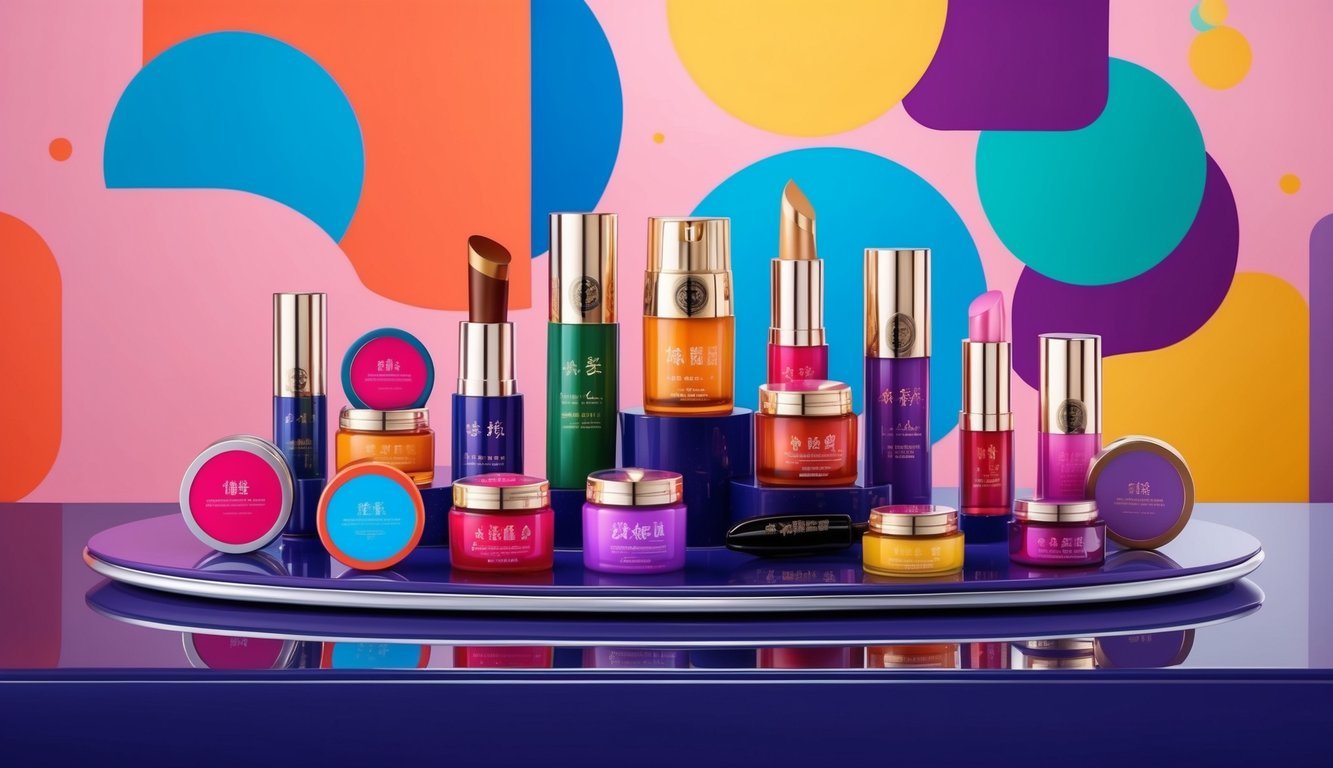
In a striking turn of events, Brazil saw its imports of Chinese cosmetics leap by an astonishing 47% in 2024. This sharp increase illustrates the shifting landscape of the global cosmetics industry, which is welcoming a wave of new players. While France, the U.S., and Germany remain the leading exporters, South Korea and China are now outpacing Spain and are closing the gap on Italy’s export figures. This shift is particularly evident in Brazil, where Chinese products made up 5.8% of the country’s total cosmetics imports.
Changing Perceptions
Rodrigo Giraldelli, the CEO of China Gate—an organization dedicated to promoting trade ties between Brazil and China—highlighted a significant change in perception. Not long ago, Brazilian consumers viewed Chinese products as subpar. However, Giraldelli emphasized that the Chinese cosmetics sector has undergone substantial advancements, paralleling the innovations seen in industries like electronics and automotive manufacturing. This evolution has greatly enhanced the quality of cosmetics available for export.
Giraldelli attributes this surge in quality to the increasing expectations of Chinese consumers. As they become more selective and discerning, manufacturers are driven to raise the standards of their products, which consequently benefits their international offerings.
Remarkable Growth in Imports
Over the last two years, imports of Chinese cosmetics into Brazil have skyrocketed by 80%, reaching a staggering total of $56 million. Specific categories have demonstrated exceptional growth: lip products skyrocketed by 614%, compact powders increased by 114%, eye makeup saw a 52% rise, and various other makeup products expanded by 223%.
This remarkable growth can be linked not only to improved quality but also to the rising impact of Chinese e-commerce giants like AliExpress and Shein within the Brazilian market. Their competitive pricing strategies have compelled local distributors to trim their profit margins, creating a more accessible marketplace for consumers.
Looking Ahead
Giraldelli also pointed out the vital role played by ANVISA, Brazil’s Health Regulatory Agency, which enforces quality and safety standards for imported goods. Yet, he cautioned that some illicitly imported cosmetics might evade these critical evaluations, posing potential health risks to consumers.
Looking ahead, Giraldelli expects the demand for Chinese cosmetics in Brazil to persist. He believes that their appealing price-to-quality ratio will continue to draw Brazilian buyers. As the landscape evolves, consumers are increasingly inclined to explore these promising offerings from China.
Source: Premiumbeautynews.com

